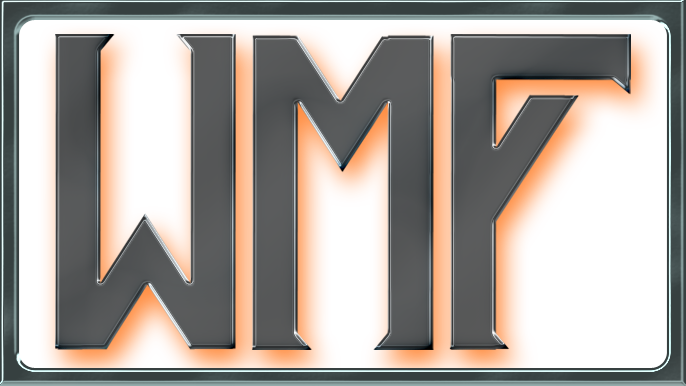About
Metal beasts rule the world of Motodrome Racing!
-

Late 2000s
Slipstream Drive Systems
Advances in magnetic pulse drive and adaptive traction systems allows a revolution in land transportation with a explosion in range of power, speed and terrain adaptability.
-

Early 2100s
Structural Bioengineering
After being a technology reserved for the military for decades, bioengineered frames and skins become commercially available. These enable manufacturers to develop highly sophisticated navigation and self-healing systems throughout the transportation and heavy industries.
-

2136
Rise of the Hyperbikes
The latest slipstream and structural technologies have been miniaturized and adapted for motorcycles. Street and racing versions of hyperbikes appear on the market and competition on flat raceways begins.
-

2138
World Motodrome Federation
Several regional leagues merge into a global organization aimed at promoting Hyperbike Racing and develop standards. Several manufacturers and teams commit to the WMF and use the competitions to evaluate new technologies.
-

2147
Raceway Innovations
Development of tubular and low-gravity raceways push the sport to new heights of popularity and boldness. The Federation learns from initial safety lapses and enforce strict rules from then on to ensure pilot's survival.
-

2176
Cybernetic Racers enter to compete
In the wake of breakthroughs in artificial intelligence and an evergrowing appetite for entertainment, the WMF permits cybernetic racers in mixed competitions with human pilots. To even the field, the Federation opens the door for bio-enhancers to improve pilot performance.




